Conservation
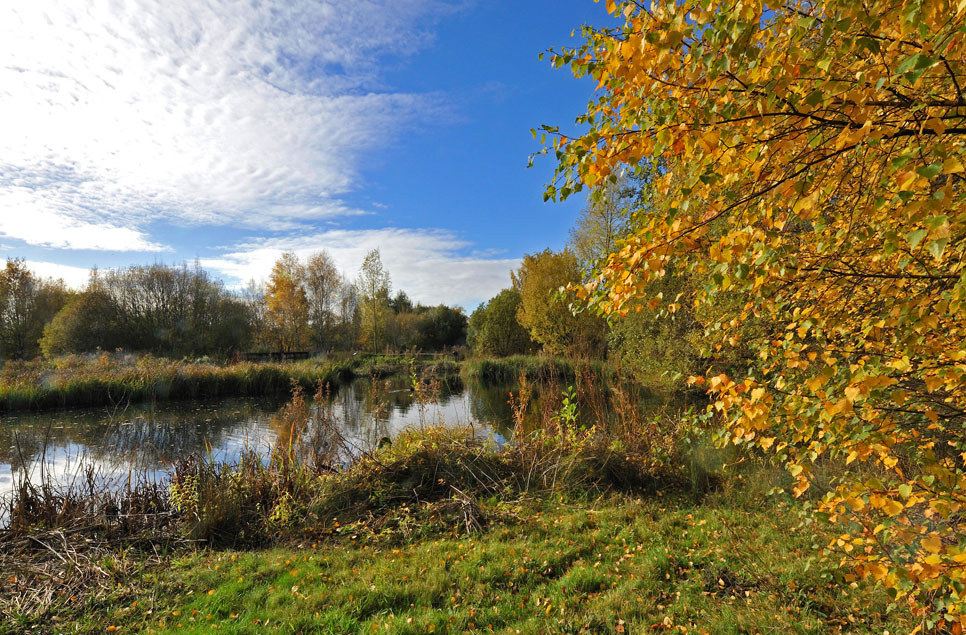
Autumn reserves roundup
After a busy summer across WWT’s reserves our teams have a long list of seasonal jobs to get through in preparation for the colder months ahead.
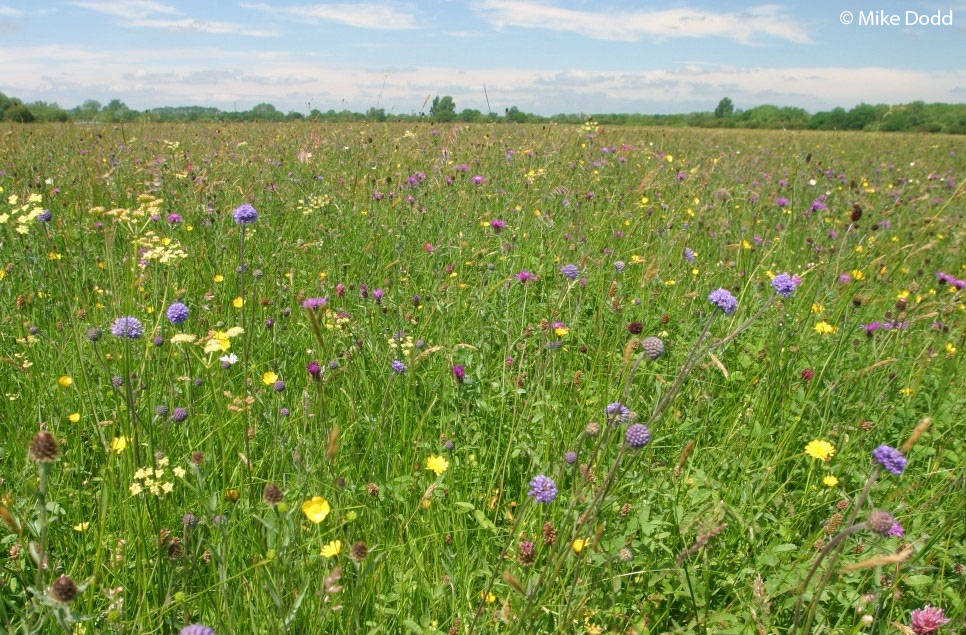
Could our ancient floodplain meadows help turn the tide on our nature and climate emergencies?
The challenge is on. With the help of the Floodplain Meadows Partnership and a passionate bunch of volunteers we’re aiming to gather data from 1,000 hectares of floodplain grassland in the Severn and Avon Vales in a single season before the hay cut in J
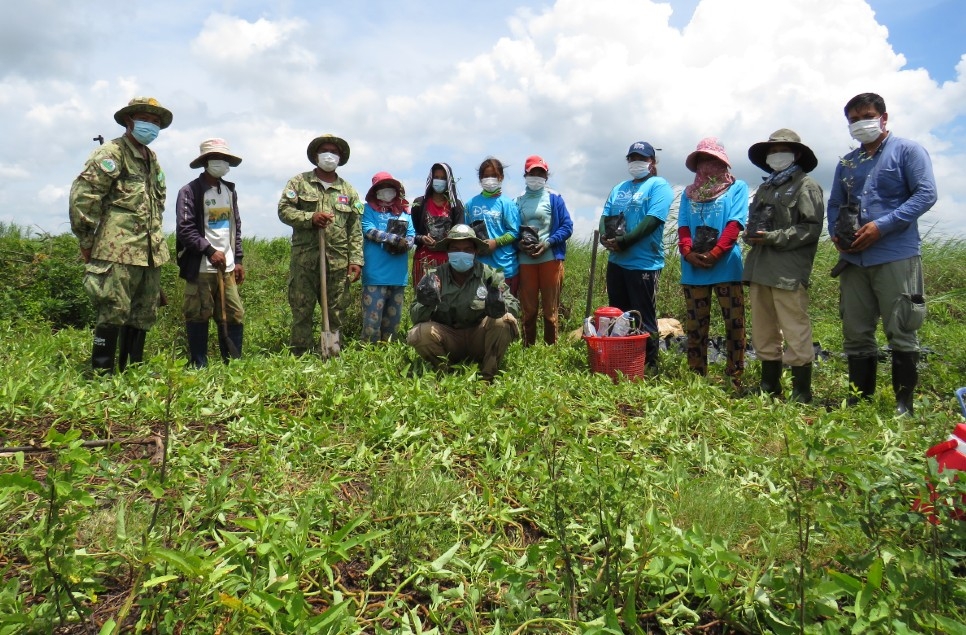
Restoring a flooded forest one seedling at a time
Cambodia is known as the kingdom of wetlands. Its seasonally flooded labyrinth of rivers, swamps and islands supports an extraordinary array of wildlife. Its waterways also provide a lifeline for millions, offering a place for people to live, work, travel
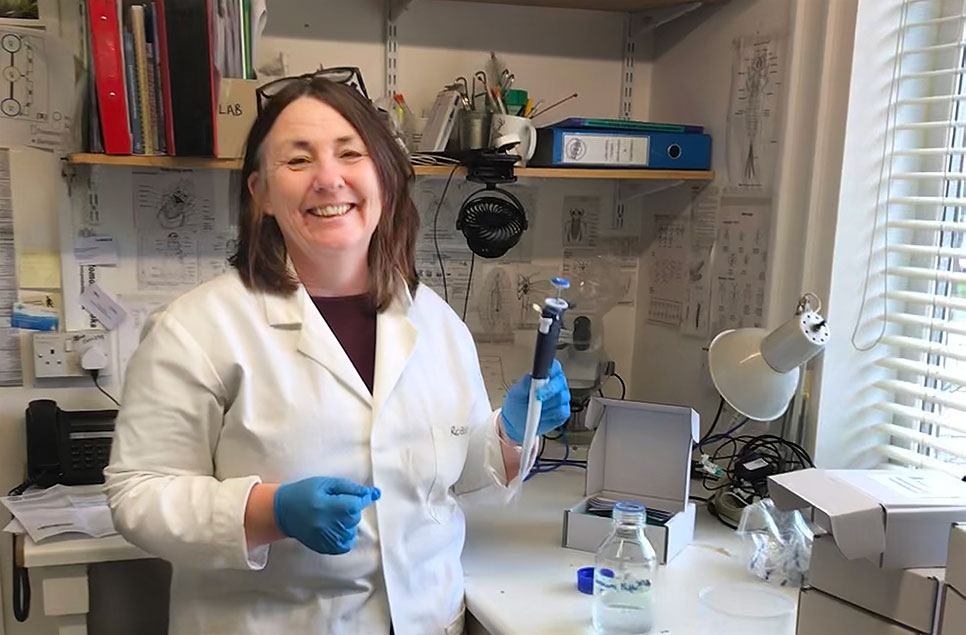
Using ground-breaking technologies to show how biodiverse wetlands can be
WWT’s Laura Weldon, talks citizen science and the new technology that’s helping us monitor our more elusive wetland wildlife, why she champions our less cuddly wetland animals and how despite everything, she’s still hopeful for the future.
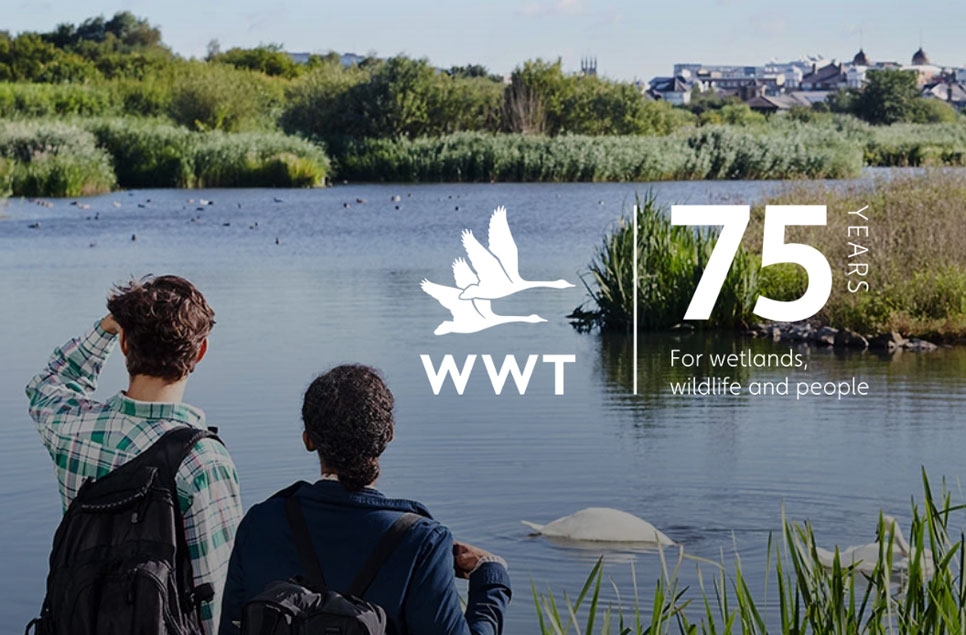
75 years of wetland conservation
On our 75th Anniversary we wanted to send you a special thank you. So to all our staff, volunteers, members and supporters and everyone who’s ever helped us champion wetlands over the years, this one’s for you…. It’s been an incredi
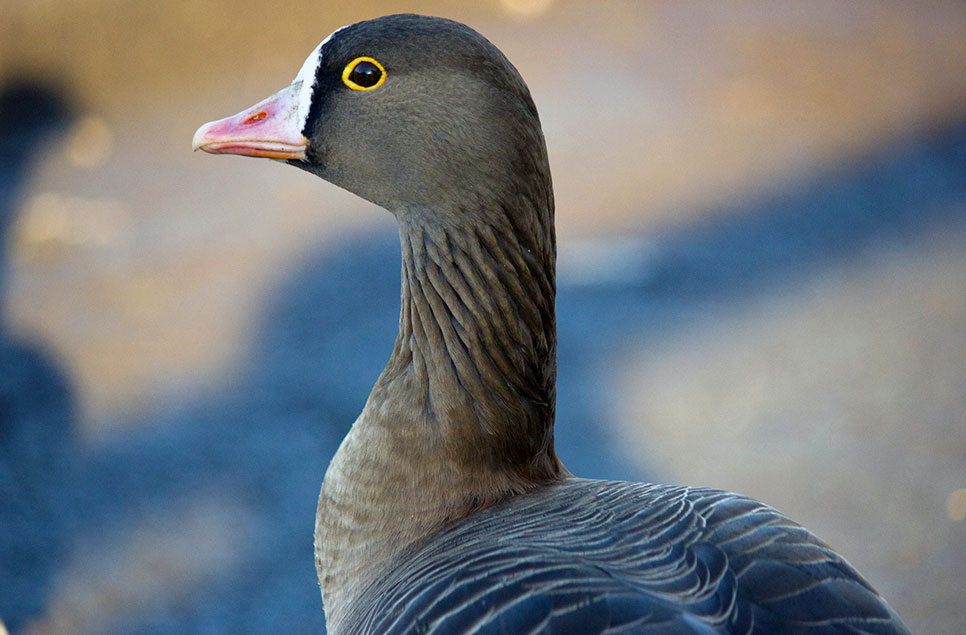
Why WWT Slimbridge is called the birthplace of modern conservation
On a bright December morning in 1945 two men watched a large flock of geese feeding on the banks of the river Severn in Gloucestershire. As they watched they noticed that the flock contained several different species of geese.
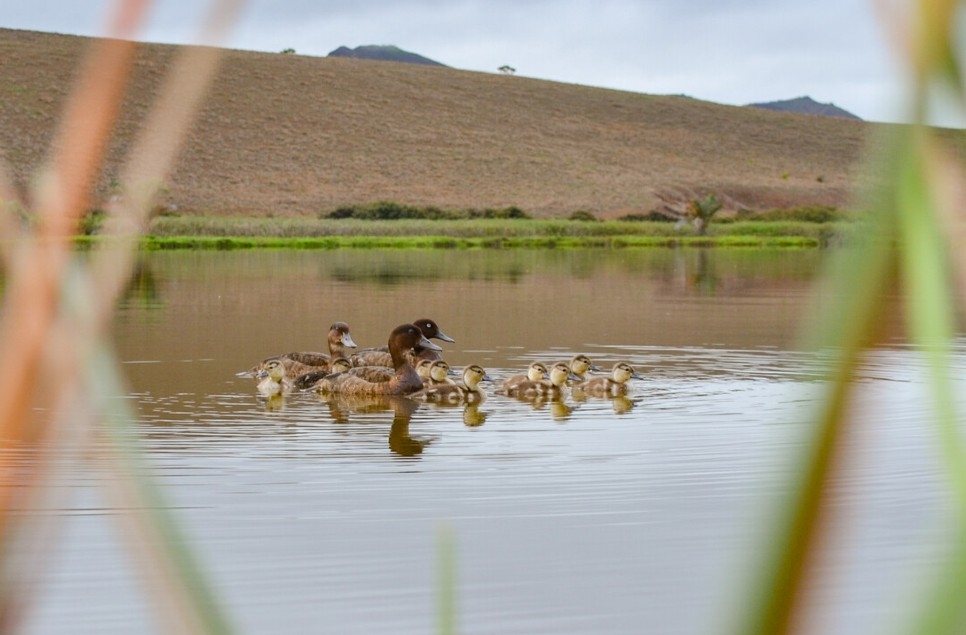
Lake of life: the biodiversity of Lake Sofia
Around 200,000 species are known to be found in Madagascar, with many endemic to the island. Here we explore some of the biodiversity of the Lake Sofia site, and why this ecosystem is so important.
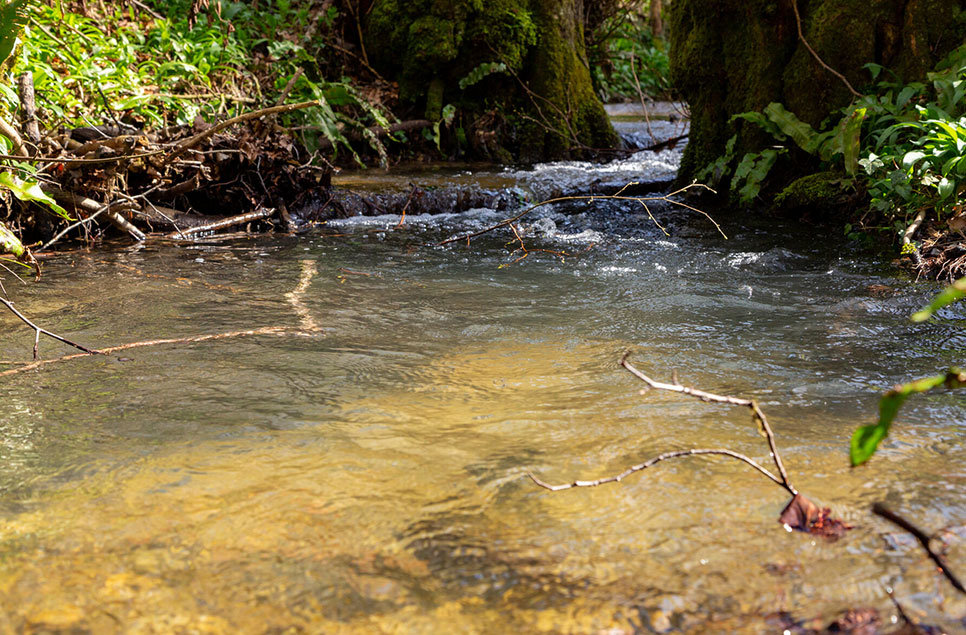
How wetlands help keep rivers clean (and how you can too)
How healthy is your local river? Would you know just by looking at it? Find out how what you can do if you suspect your stream has seen better days, and the role of wetlands in keeping our waterways clean.
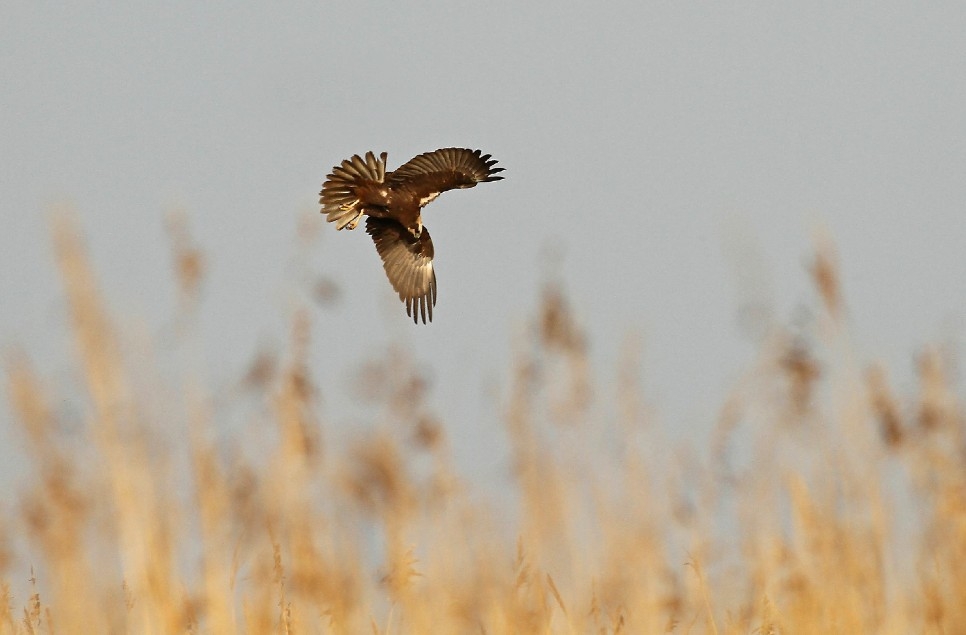
10 Biodiversity success stories from WWT Reserves in 2020
2020 was a tough year, but the results are in and we’re delighted to report that we have some stories of conservation optimism to share with you. Head of Reserves Emma Hutchins takes stock and reflects on the highlights of 2020 at our ten WWT wetland sit
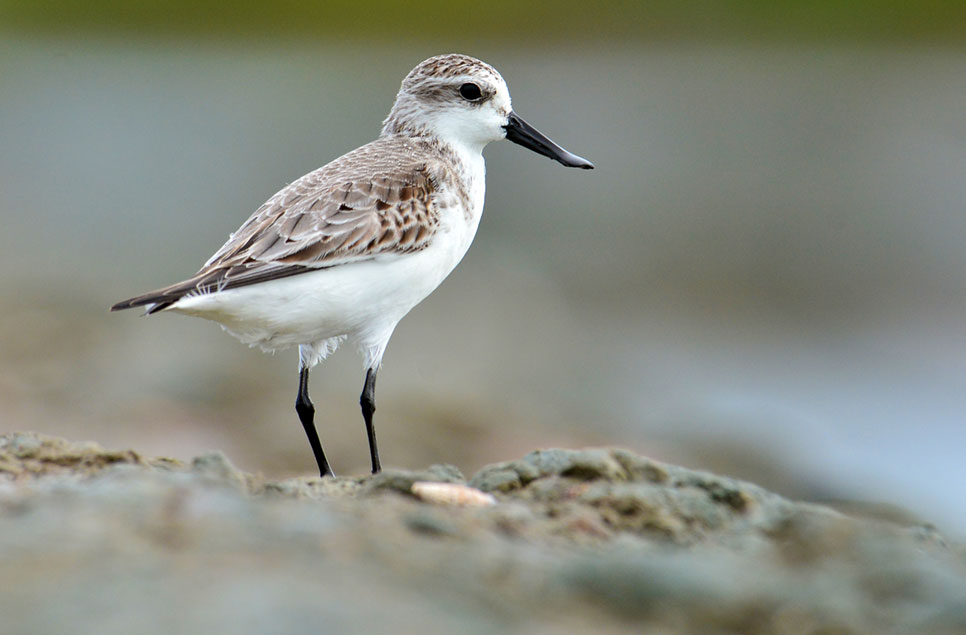
Wetlands of the World: The Yellow sea - a migration lifeline
The Yellow Sea's vast intertidal wetland mudflats offer food-packed staging posts to waders and other birds in their countless thousands. Located between China and South Korea, it's a target for conservation because of its importance to migratory birds.
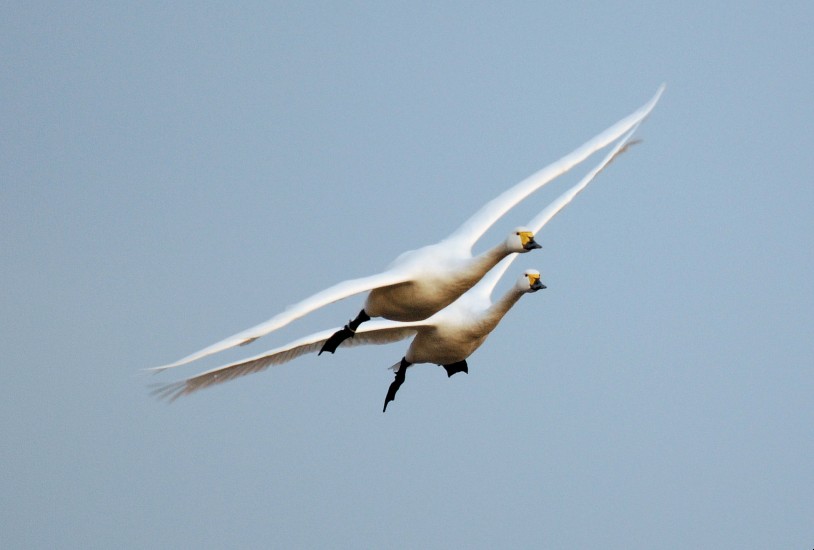
Stories from the Russian Arctic
With Bewick's numbers falling by 40 percent since the mid-1990s, and as many as a third having shotgun bullet pellets in their bodies, WWT has been working with the local community in their Russian breeding grounds to help conserve these endangered swans
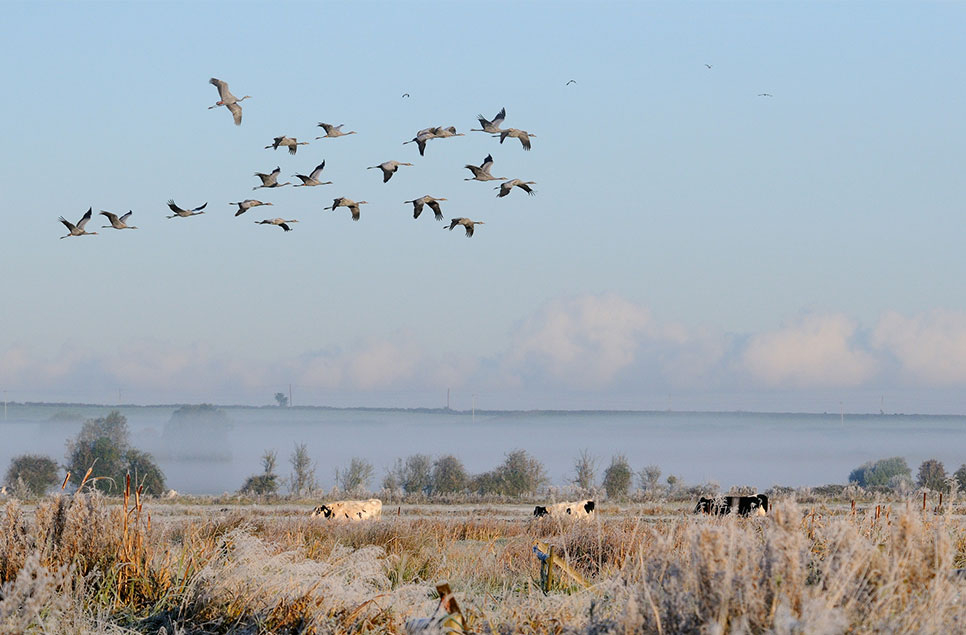
Lost species: how the UK was once a much wetter land
Thousands of years ago, lowland Britain would once have been a much wetter place. There would have been a lot more wetland habitat all over the lowlands, filled with species you might not expect to see roaming the UK in great numbers.
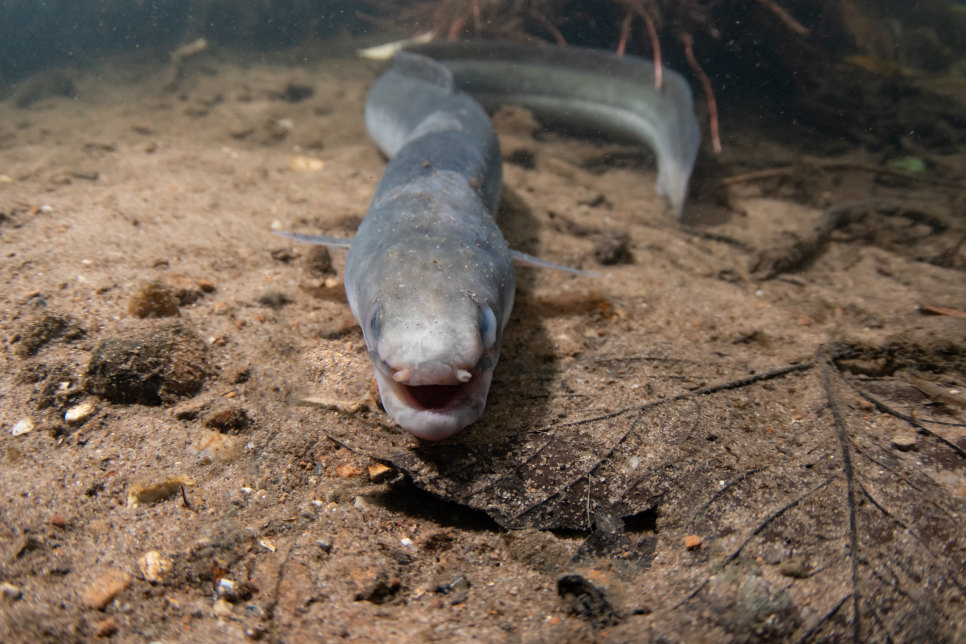
Nights, camera, action! Device to record voyaging eels during hours of darkness installed at Gloucestershire reserve marking World Fish Migration Day
A new acoustic camera has been fitted at WWT Slimbridge Wetland Centre to monitor eels embarking on their epic migratory voyage.

Nature and our mental health: An interview with Jolie Goodman of the Mental Health Foundation
Social prescribing and embedding an urban wellbeing network of wild spaces are ways we can make nature more accessible for all. Read more about how this works in our interview with Jolie Goodman from the Mental Health Foundation.

How wearable tech shows that urban wetlands can benefit stressed-out city dwellers
Urban wetlands can help biodiversity, prevent flooding and our wellbeing, and should be a priority. So WWT’s Evidence team, along with Imperial College London, undertook an innovative study to help us make the case to decisionmakers and communities.